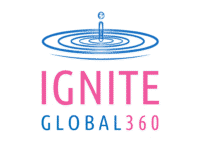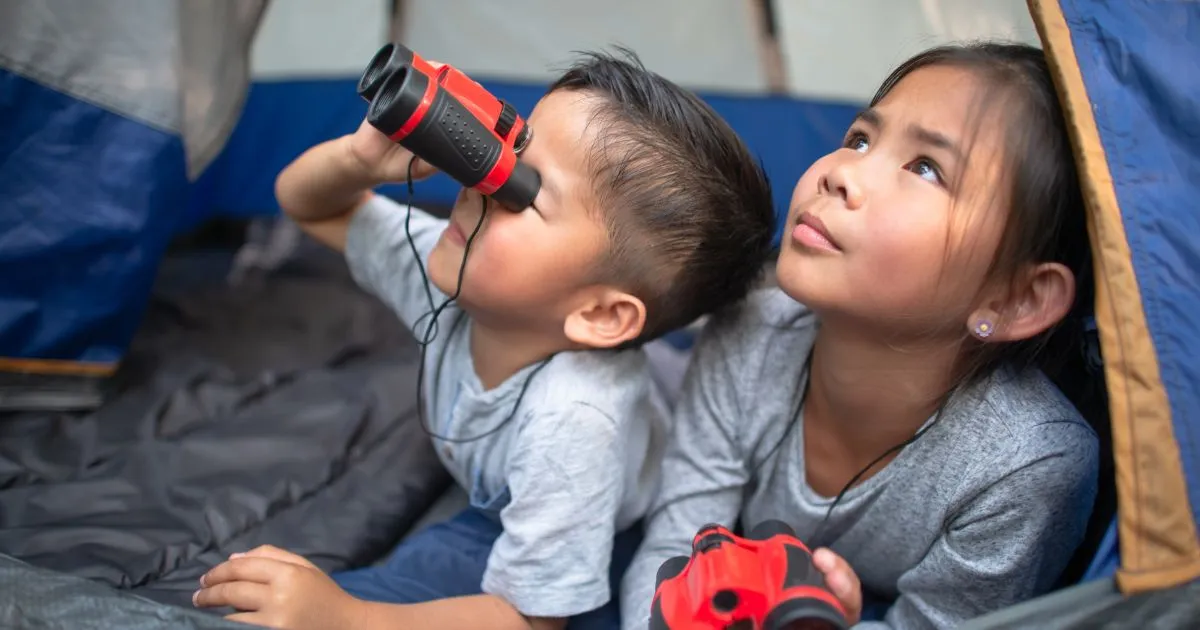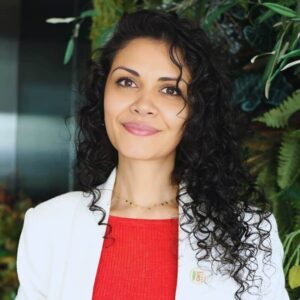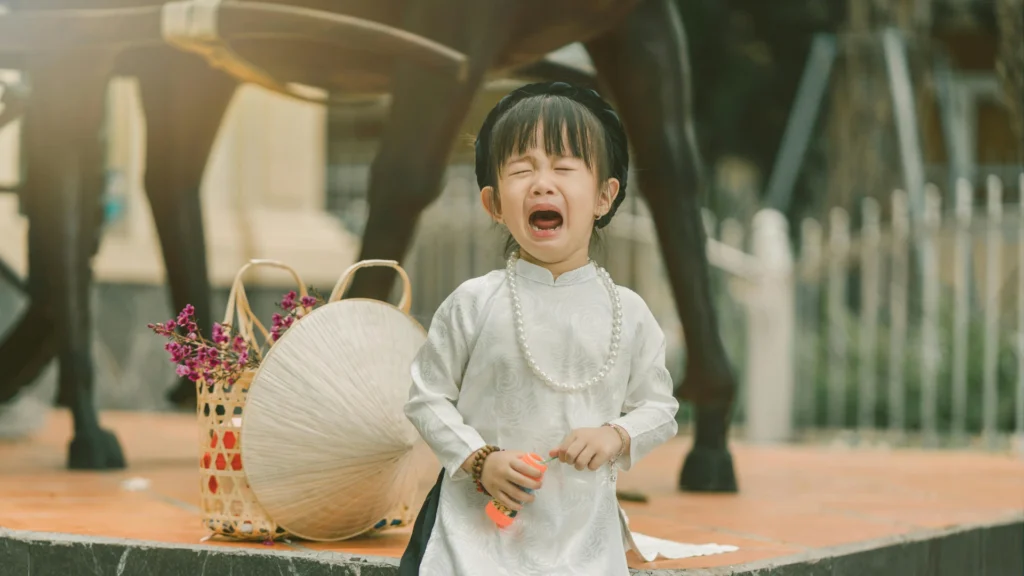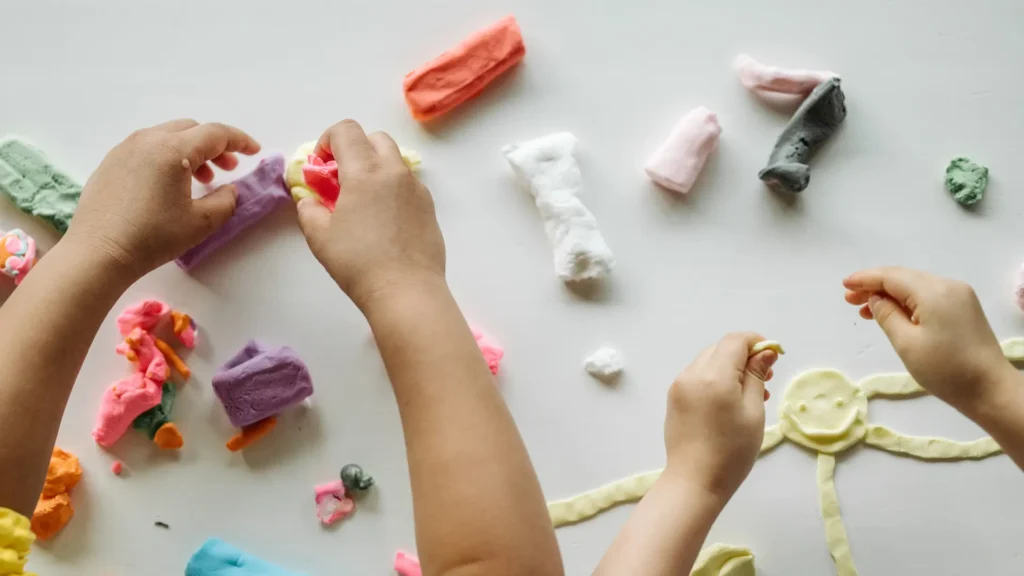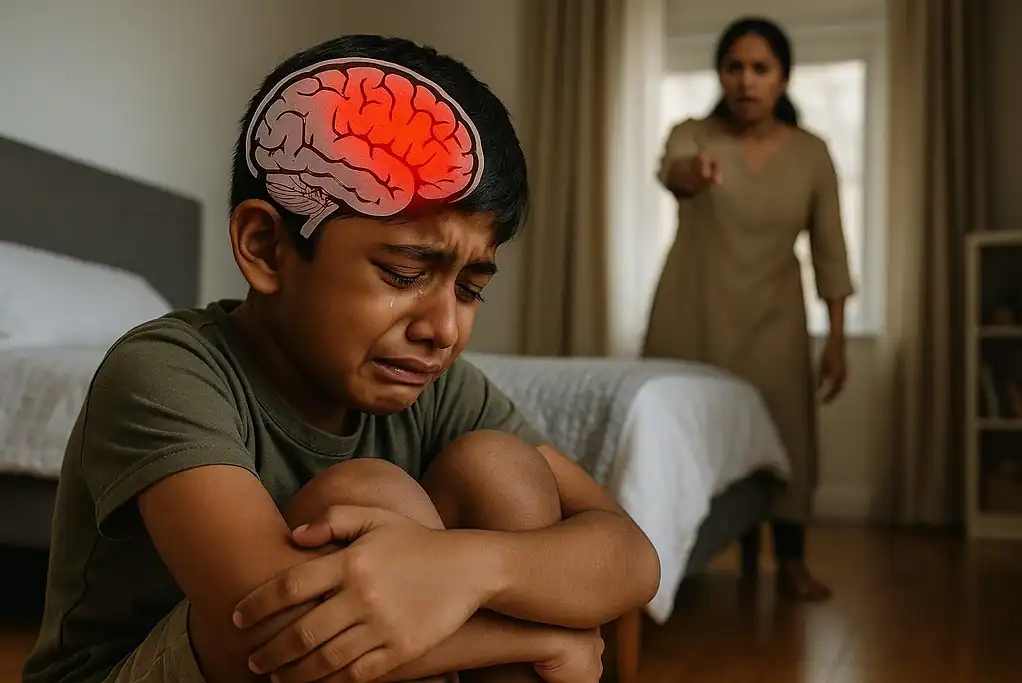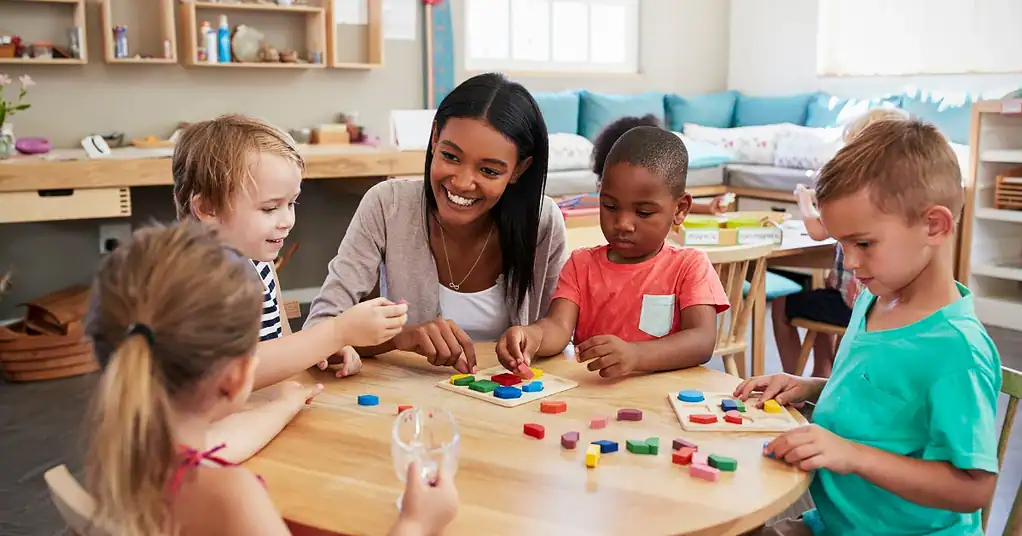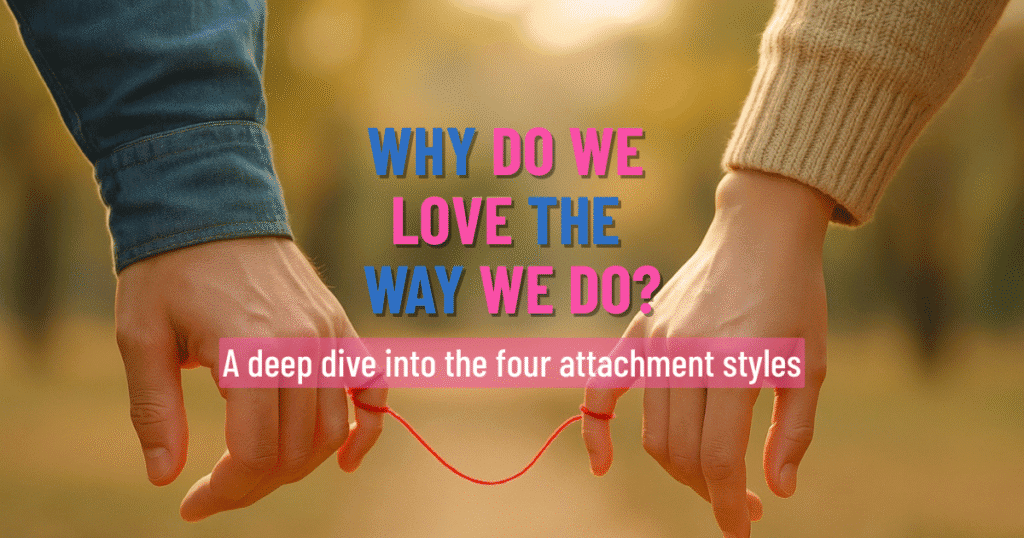Speaking of inherent brilliance, how did you perform in school? Were you in the top 10 best students, or were you one of those who probably struggled with studies?
What labels were given to you growing up? Perhaps, the attention seeker, or the one who never listens, stupid, bully, shy, or bossy?
Have you had situations where you were told that you are not good at this or that, that you have no hope of future success? How has it impacted your life to date?
We often receive interesting comments and prophecies from our environment. Although they are unintentional, these comments can be deeply hurtful. But as children, we are not allowed to explain our side of the story because often it is perceived as “Talking Back”.
For example:
“If you didn’t study hard, you will be sweeping the floor when you grow up.”
“With these low grades, you are going to be a loser just like your uncle X.”
“You are an embarrassment to this family, why can’t you be more like your sibling?”
If you are wondering where I am going with all these questions, do you agree that, as a society, we have created so many unrealistic expectations for our children that put them under tremendous pressure?
We believe children should achieve this and that in order for them to become “successful” as adults.
The question is, as a parent, an educator, or a coach, what does “success” mean to you when it comes to your child, student, or young client?
What if we take a step back, zoom out, and look at a child’s development from a different perspective?
It is easy to connect with an extroverted child, teach students who are high performers, and coach communicative children.
How about those who struggle?
I don’t know about you, but I was one of those “no-hope” children growing up because I struggled with my studies so much. I was a shy kid; I spoke little, I wouldn’t ask for help, and presenting something in front of the class was scary. Most adults saw me struggle, but they didn’t know that I was severely fighting social anxiety, starting at a very young age. As a teenager, I was sure I was going to be a failure when I grew up because that’s what I often heard.
Fast forward to the present day, I have proven that my early life struggles didn’t define who I am today. And I know it is the same for you!
The growth and development process of a child is truly miraculous. Think about it this way,
From the very moment, a child takes their first breath, they enter the world as a blank canvas brimming with possibilities. It is a canvas that nature has imprinted with the gift of unimaginable potential. Just as a caterpillar does not exhibit any immediate signs of becoming a butterfly, a child’s potential often lies hidden beneath the surface.
However, within this tender cocoon, children possess innate qualities and abilities waiting to be discovered, nurtured, and refined. While their individual strengths and passions may vary, the thread that weaves through them all is the extraordinary capacity for growth and transformation.
Did you know that Albert Einstein was one of those struggling students? As a child, he didn’t start speaking until he was four, reading until he was seven, and was thought to be mentally handicapped. If he had given up and never persevered, his most important theories could not have been known.
And Charles Darwin was considered an average student and abandoned a career in medicine as a result. Darwin embarked on a lifetime study of nature that led to the seminal ‘On the Origin of Species’ and forever altered the way humankind looks at our existence.
And in the modern world, Richard Branson suffered from dyslexia and dropped out of high school at 15. He started Virgin Records and rapidly grew the Virgin brand during the 1980s. Forbes listed Branson’s estimated net worth at $5 billion dollars as of 2015.
The journey of nurturing a child’s potential begins with recognizing and respecting their individuality.
Every child possesses a distinct combination of talents, interests, and capabilities. It is vital to approach each child as a unique being, appreciating their differences and understanding that societal standards or predetermined benchmarks cannot measure their true potential. Instead, it is our duty to create an inclusive environment that encourages exploration, curiosity, and self-expression.
Equally important is providing children with opportunities for holistic development. Education needs to be reshaped, extend beyond the confines of traditional academics and embrace a comprehensive approach that nurtures their intellectual, emotional, physical, and social well-being.
We often lose our sight and get lost in the “race” of becoming someone tomorrow forgetting that how we are treated today defines what the future is going to be like.
A valuable question to ask is the development process we provide for our children, is it about getting children into industry ready so that by the time they are done with their formal education, they can be absorbed into society, or does it prepare them for LIFE?
Don’t get me wrong, academic achievements are important, but learning life skills is equally important. Encouraging them to embrace challenges, persevere in the face of obstacles, and view failures as valuable learning experiences instills in them a belief that their abilities are not fixed but rather expendable. By emphasizing effort, resilience, and the power of continuous learning, we equip children with the tools they need to navigate an ever-evolving world and reach their fullest potential.
Whether you are a parent, educator, or coach, by believing in every child’s highest potential regardless of their current limitation, fostering a sense of agency, and empowering children to set their own goals, make decisions, and pursue their passions, we enable them to tap into their inherent wisdom and chart their own path to success.
In my professional opinion, we are successful as adults when we are able to foster an environment that embraces their uniqueness, offering holistic development opportunities, and empowering them as active participants in their own growth. That’s when we unlock the doors to their hidden unimaginable potential.
In other words, we win when we become an influential force in a child’s life that holds the space for them to go through the caterpillar-to-butterfly journey with love, patience, and care.
I would like to leave this note with the wise words of one of the greatest contributors to early childhood development, Dr. Maria Montessori, who introduced Montessori Method to the world.
“Free the child’s potential, and you will transform him into the world.”
With grace and gratitude,
Lux
